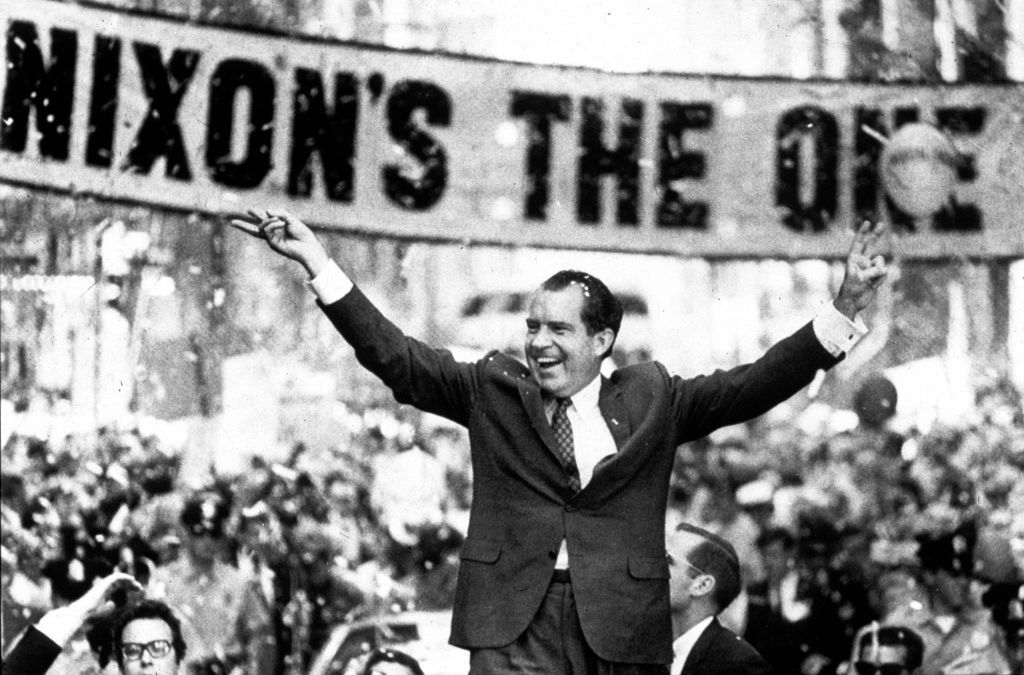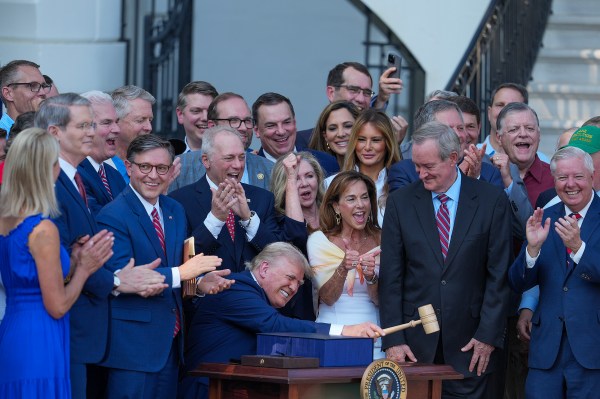Amid calls for President Joe Biden to withdraw as a candidate in the 2024 presidential election, many people are drawing comparisons to 1968, when President Lyndon B. Johnson declined to run for reelection, citing conflicts caused by the Vietnam war, violent inner-city protests, and widespread poverty. Johnson’s vice president, Hubert Humphrey, earned the nomination and ended up losing to Richard Nixon, the Republican nominee.
On July 18, the X account for MSNBC’s Morning Joe posted a clip of hosts Joe Scarborough and Mika Brzezinski discussing the 1968 election. Nikole Hannah-Jones, an investigative reporter for the New York Times Magazine and author of the 1619 Project, quote-tweeted the clip and said “Yes. And Nixon won in a landslide.” She appears to have deleted the tweet.
Jones falsely conflated the 1968 and 1972 elections. In 1968, Nixon defeated Humphrey by a comfortable margin in the Electoral College but won the popular vote by only about 500,000 votes, a margin of 0.7 percent. Nixon’s “landslide victory” came in 1972, when he won 49 states and more than 60 percent of the popular vote against George McGovern.
If you have a claim you would like to see us fact check, please send us an email at factcheck@thedispatch.com. If you would like to suggest a correction to this piece or any other Dispatch article, please email corrections@thedispatch.com.







Please note that we at The Dispatch hold ourselves, our work, and our commenters to a higher standard than other places on the internet. We welcome comments that foster genuine debate or discussion—including comments critical of us or our work—but responses that include ad hominem attacks on fellow Dispatch members or are intended to stoke fear and anger may be moderated.
With your membership, you only have the ability to comment on The Morning Dispatch articles. Consider upgrading to join the conversation everywhere.